
1. The Role of 'Genesis' in Society
The book of Genesis has had a great influence on society. As society’s views of what is “true” have changed over time, so have attitudes to the book.

2. Story outline and origins
Taken as a whole, the book of Genesis tells the story of the partial fulfilment of God’s promise to the Patriarchs. Rather than being written as a single coherent story, it was ‘edited’ over a prolonged period of time by at least four different groups of people.

3. Picturing the World: Genesis 1
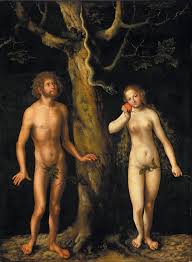
4. Adam and Eve and the "Fall": Genesis 2 and 3
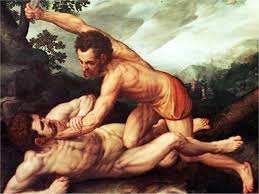
5. Cain and Abel: Genesis 4
Hoe are we best to respond constructively and in life-giving ways to life’s misfortunes? The story of Cain and Abel raises the searching existential issue of how one is to respond when apparently unfavoured and tempted to resentment and bitterness.
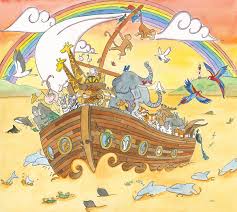
6. Cataclysm and Grace: Genesis 6 to 9
This is perhaps the most technical of all the studies in this course, and deals with both Noah and the Tower of Babel. How can Genesis 8:21 (“for the devisings of the human heart are evil from youth”) be reconciled with 1 John 1:5 (“God is light, and there is no darkness at all in God”)?

7. Genesis 12:1-3 -- A Key to Interpreting the Old Testament?
This study moves away from the prehistory of the world in general towards the specific prehistory of Israel by considering the story of God’s call to Abraham in Genesis 12:1-3, a key passage that is central to both Jews and Christians.
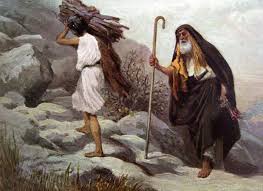
8. Abraham -- Model or Monster? Genesis 22

9. Jacob - the Scoundrel? Genesis 25 to 36

10. Is Joseph Wise? Genesis 37 to 50


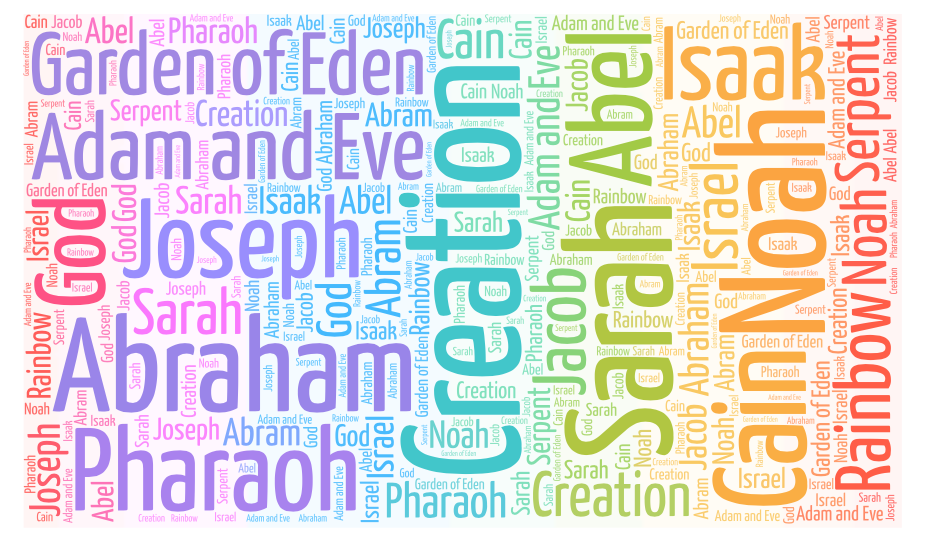
0 Comments